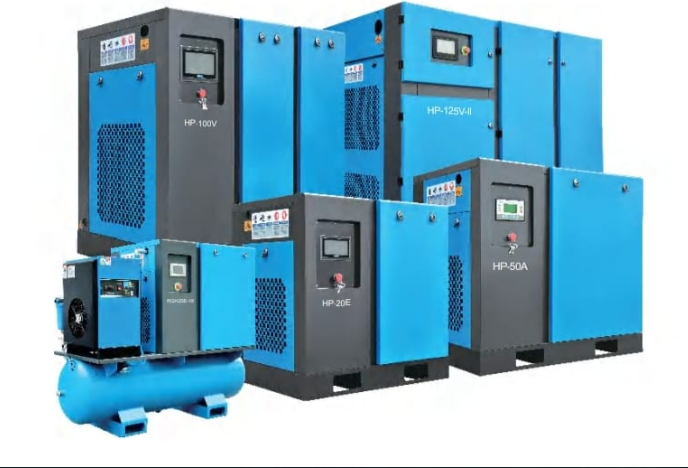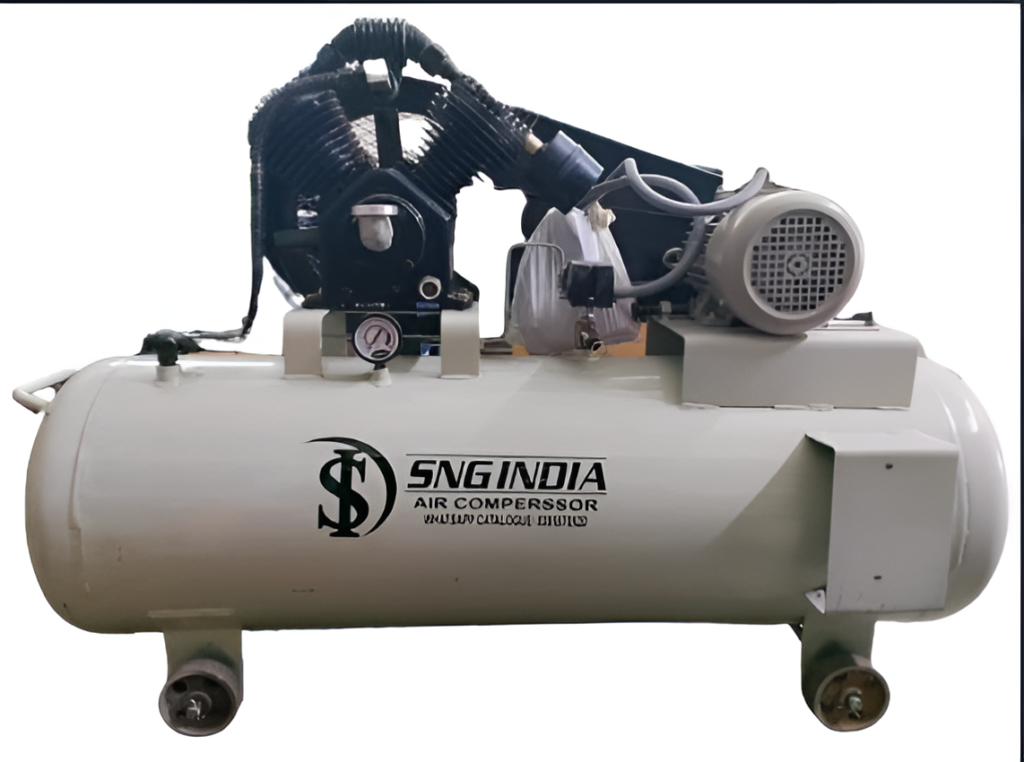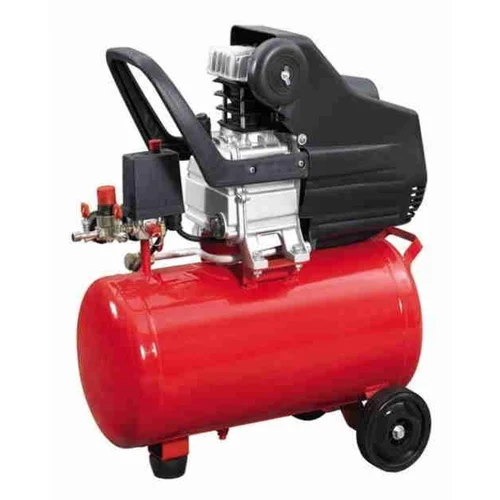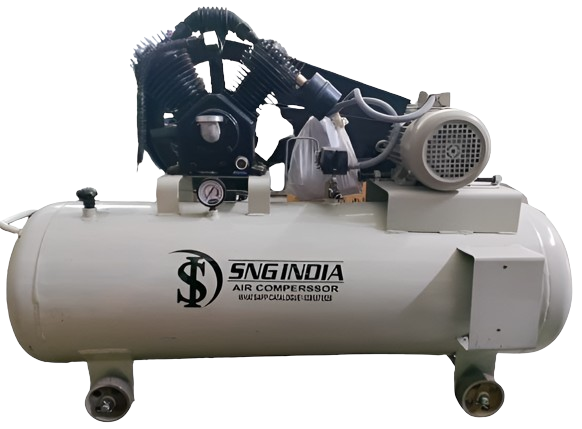Understanding Air Compressors: A Comprehensive Guide
Air compressors are versatile tools that play a pivotal role across various industries and applications. From powering tools in workshops to inflating tires and aiding in large-scale industrial operations, air compressors are indispensable. In this blog post, we will dive deep into the world of air compressors, exploring their types, uses, components, and maintenance tips.
What is an Air Compressor?
An air compressor is a device that converts power (using an electric motor, diesel or gasoline engine, etc.) into potential energy stored in compressed air. This compressed air is then released in a controlled manner to perform tasks such as operating tools, cleaning surfaces, or even painting.
Common Applications of Air Compressors
Air compressors are used across diverse industries. Here are some examples:
- Automotive Industry:
- Inflating tires.
- Operating pneumatic tools like wrenches and drills.
- Manufacturing:
- Powering assembly line tools.
- Spray painting and finishing tasks.
- Construction:
- Operating jackhammers, nail guns, and other pneumatic tools.
- Healthcare:
- Providing clean, compressed air for ventilators and dental tools.
- Home Use:
- Inflating pools, balloons, and sports equipment.
- Small DIY projects.
Key Components of an Air Compressor
To understand how an air compressor works, it’s essential to know its key components:
- Motor: Provides the power needed to compress air.
- Compressor Pump: The main unit that compresses the air.
- Storage Tank: Holds the compressed air for later use.
- Pressure Switch: Monitors the pressure in the tank and controls the motor.
- Regulator: Adjusts the pressure of the air being released.
- Filters: Remove contaminants from the incoming air.
Factors to Consider When Choosing an Air Compressor
Selecting the right air compressor depends on your specific needs. Here are some factors to consider:
- Application: Determine whether you need the compressor for light-duty tasks or heavy industrial use.
- Air Pressure (PSI): The required pressure will vary depending on your tools and tasks.
- Air Flow (CFM): Ensure the compressor can deliver the required airflow for your applications.
- Power Source: Decide between electric, gasoline, or diesel-powered compressors based on your setup.
- Portability: For mobile tasks, choose portable compressors; for stationary operations, opt for fixed ones.
Maintenance Tips for Air Compressors
Proper maintenance ensures the longevity and efficiency of your air compressor. Here are some tips:
- Check Oil Levels: For oil-lubricated compressors, monitor and replace the oil regularly.
- Inspect Filters: Clean or replace air filters to maintain optimal performance.
- Drain Moisture: Frequently drain moisture from the tank to prevent rust and corrosion.
- Inspect Hoses: Look for cracks or leaks in hoses and replace them as needed.
- Tighten Connections: Ensure all bolts and connections are secure.
- Monitor Pressure: Regularly check pressure levels to avoid overloading.
Advantages of Air Compressors
Air compressors offer several benefits:
- Versatility: Can power a wide range of tools and applications.
- Efficiency: Deliver consistent power, reducing manual effort.
- Durability: With proper maintenance, compressors can last for years.
- Cost-Effective: Help save time and labor costs in various industries.
Types of Air Compressors



Available Air Compressor
(A) Mini-Air Compressors
- 1.5 HP
- 2 HP
- 3 HP
(B) Reciprocating Air Compressors
- 2 HP
- 3 HP
- 5 HP
- 7.5 HP
- 10 HP
- 15 HP
(C) Screw Compressors
- 10 HP
- 15 HP
- 20 HP
- 30 HP

